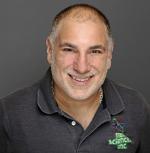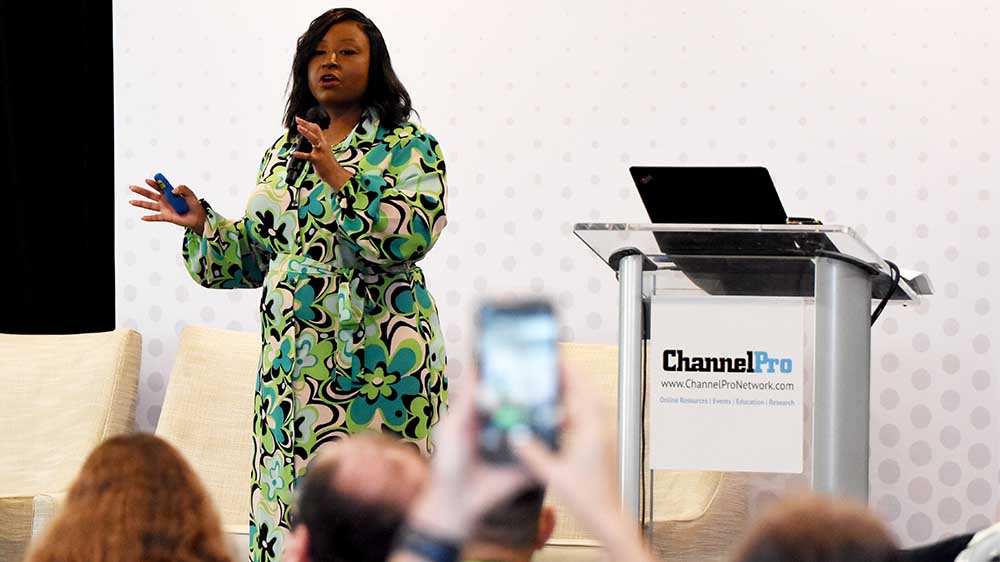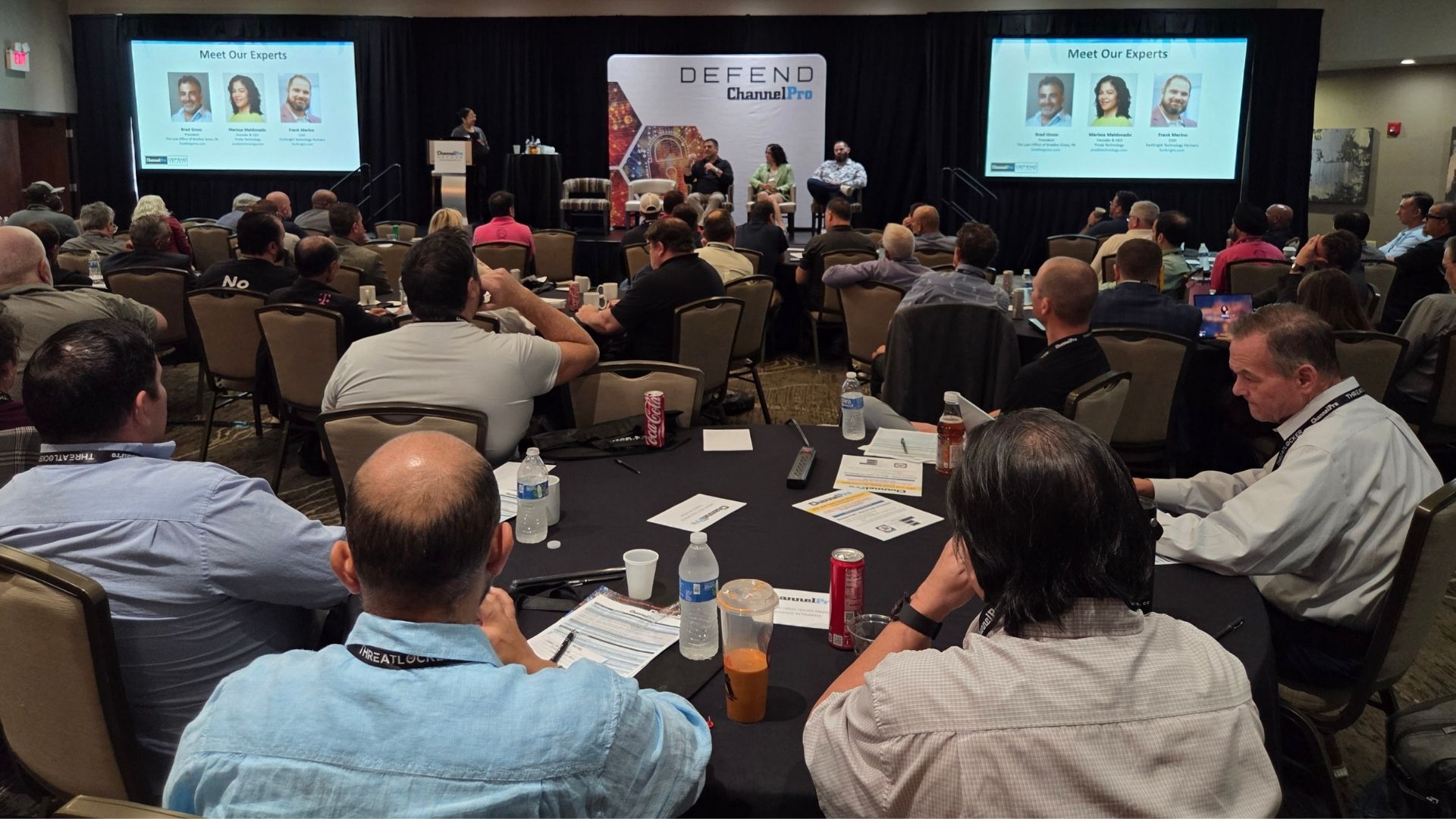THE $375,000 Lori Hardtke made in 2020, her biggest year as a channel pro to date, doesn’t sound all that special until you consider that she’s a sole proprietor with a client base in Arizona that she’s supported for the last eight years exclusively from her home.
In Hawaii.
“To this day, even after eight years, only half of my clients know I live here,” says Hardtke, who is both president and the only full-time employee of ByteWize, an IT support and services company officially located in Scottsdale but actually based out of Hardtke’s house in Maui. “It really doesn’t matter where I’m located, because I can pretty much take care of, I’d say, 95% of the problems remotely.”
Steven Banks, president of Banks Consulting Northwest, a Port Orchard, Wash.-based MSP that collected just shy of $1 million last year, has a comparatively expansive payroll: one full-time employee and two part-timers, one of whom is also a pastor. “They’re monitoring our support queue,” he says.
Numbers like those are impressive on their own, but even more so when you consider that 71% of ChannelPro readers average less than $300,000 of revenue per technician per year, according to a recent survey. What is it that Hardtke, Banks, and others like them know about generating big results with small teams that the rest of us don’t?
Operational Plate-Cleaning
Not surprisingly, most small-team channel pros with big-time revenue rely heavily on good, carefully configured, thoroughly scripted RMM software to increase their reach and productivity. “You really need to automate as much as you can,” Hardtke observes.
Standardization, in terms of both how you do things and what you sell, is a common trait as well. Banks, for example, sells only WatchGuard and Calyptix firewalls, which means fewer management portals to navigate and fewer training courses to take. It helps that Calyptix does device management for him as well.
“Having that off our plate is really, really nice,” he says.
Indeed, Banks outsources multiple functions to third parties. GMS Live Expert provides his after-hours NOC services, for instance, and TD SYNNEX handles managed print services. “The more I can delegate out and basically just oversee, the better,” Banks says.
Joshua Liberman, president of Albuquerque, N.M.-based managed service provider Net Sciences, employs the same strategy, leaning on Dark Cubed and Solutions Granted for advanced cybersecurity help and GreenLink Networks to run his VoIP business.
“They sell their products, they bill the customer, and we get 25%,” says Liberman, who has three technicians and just completed his first $1 million year. “Those vendor commissions go straight to the bottom line.”
Outsourcing work to other channel pros is an option as well. Michael Klein, for example, has been contracting wiring jobs out to the same firm for years. “That’s their specialty. I don’t bother with it,” says Klein, president of Albertson, N.Y.-based solution provider Computer Directions, which also parcels out website design and payroll software deployments to peers.
Partnering with other partners has been a two-way street, moreover, for both Klein and Stanley Louissaint, principal and founder of Fluid Designs, a one-person IT consultancy in Union City, N.J., that cleared $1 million for the first time in 2020 and did even better last year. “The people around you who you may look at as competitors may actually be a source of revenue,” he says. “There are sometimes things that I can do that they can’t.”
Liberman emphasizes a larger lesson in that observation: No one can do everything on their own. Delegating technical work to his employees so he could focus on sales, marketing, vendor selection, payroll, taxes, and everything else that goes into running a company has been a big part of the formula that got him to $1 million a year.
“You have to learn to let go, even in a small business,” he says. “You have to trust your people to do what they need to do.”
Asking for Help
You have to be willing to ask for and accept help when required as well, adds Liberman, who freely acknowledges that he’d never have crossed his latest financial milestone without assistance from managed services consultants like Karl Palachuk and Richard Tubbs and membership organizations like The ASCII Group and Tech Tribe.
Louissaint solicits help on critical functions like sales and marketing from his customers as well as peers and advisers. “I’m not afraid to ask for referrals,” he says.
Neither is Klein, who gets most of his new clients from existing ones rather than lead-generation campaigns. “Rather than go after the end user, I go after the influencers and then have them drive new business to me,” he says.
Like many small-scale, high-revenue channel pros, however, Klein has found selling more to the clients he already has to be a bigger source of growth than landing new customers. “It’s always easier and more profitable,” he says.
Liberman, who credits almost all of his 34% revenue growth in 2021 to existing customers, agrees. “Cross-sell and upsell are always the most cost-effective way to bring in business,” he says.
Being selective about the kind of customer you work with can lower overhead too, adds Hardtke. “When you’re first starting out, you kind of take anybody,” she says. “Now I go after very small clients that are typically under 25 endpoints.” Most of her clients also have simple networks, she continues, which allows her to support them without employing a Level 2 or 3 technician.
Better yet, sticking to simple networks leaves plenty of time for soaking up the magic of Maui. “I can’t complain,” Hardtke says. “I’m kind of just living the dream.”
Image: iStock















